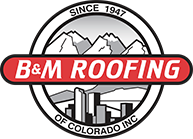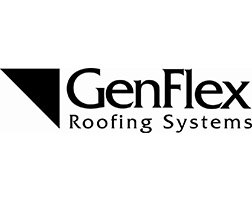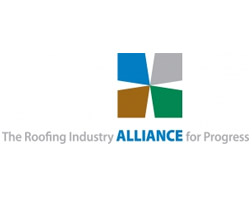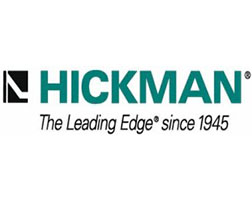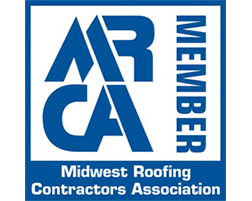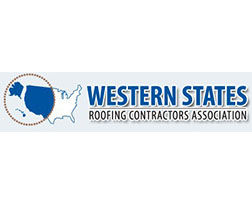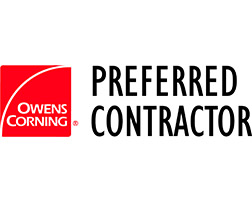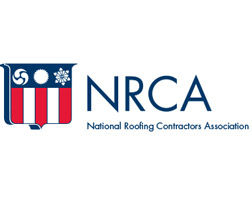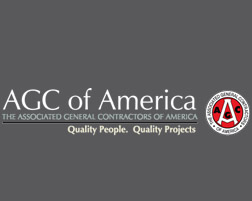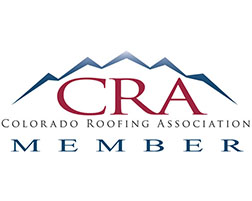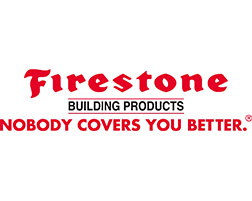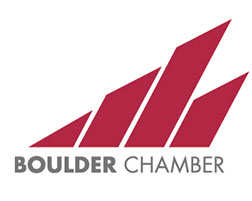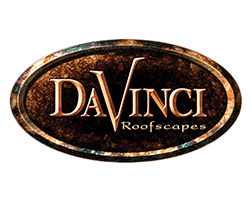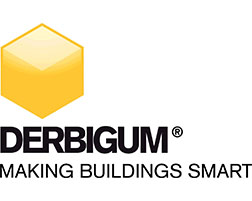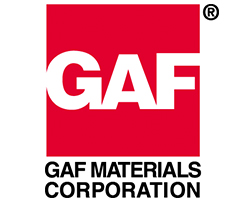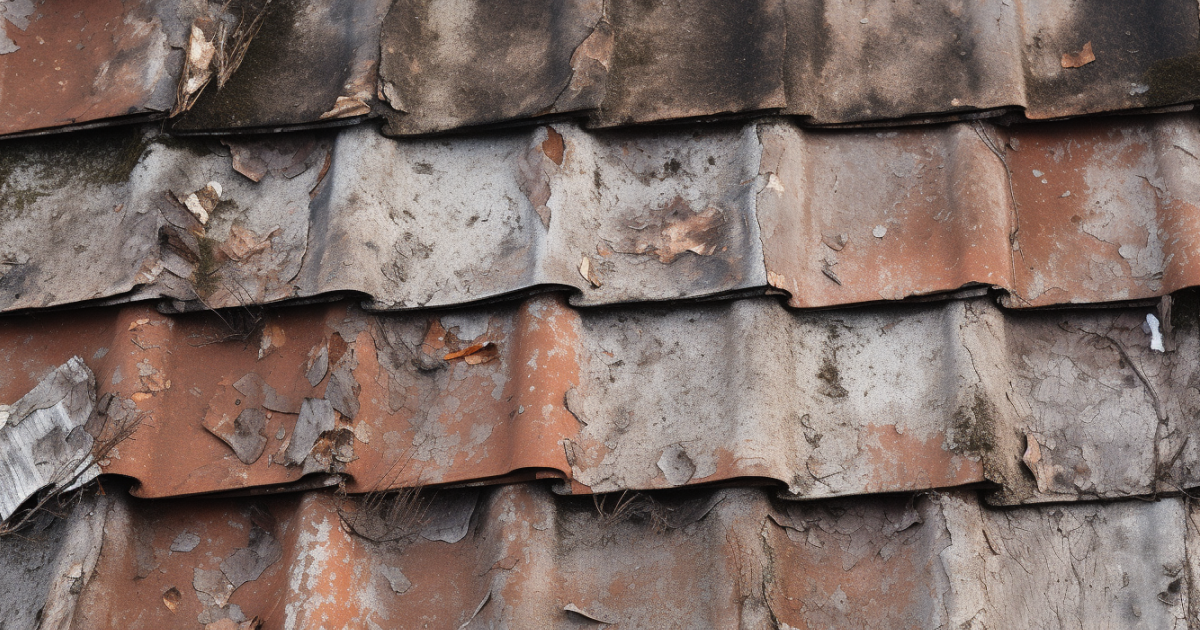
Average Roof Life
Welcome to the world of roofing, where understanding the ‘average roof life’ is not just about numbers—it’s about peace of mind for your home or business in Colorado. The term ‘average roof life’ refers to the typical duration a roof can be expected to last before it needs significant repair or replacement. This is more than just a statistic; it’s a crucial piece of knowledge that safeguards your property against the elements and helps you plan for the future.
Why is knowing about roof lifespan so important? For starters, it’s a key factor in maintaining the safety, aesthetics, and value of your property. A well-maintained roof is like a trusty helmet for your home—it’s the first line of defense against snow, rain, and the bright Colorado sun. Plus, being aware of your roof’s lifespan helps you budget for repairs or replacement, avoiding the sticker shock that can come with sudden roofing emergencies.
In Colorado’s dynamic climate, where the weather can be as unpredictable as a Broncos game, understanding the average life of your roof is particularly vital. It’s not just about enduring the present; it’s about being prepared for the future. So, let’s embark on this journey to uncover the mysteries of roof longevity and ensure that the only thing going over your head is a roof that’s built to last.
Remember, a solid roof overhead is not just a part of your building; it’s the guardian of your peace of mind. And that’s a responsibility we take as seriously as you do.
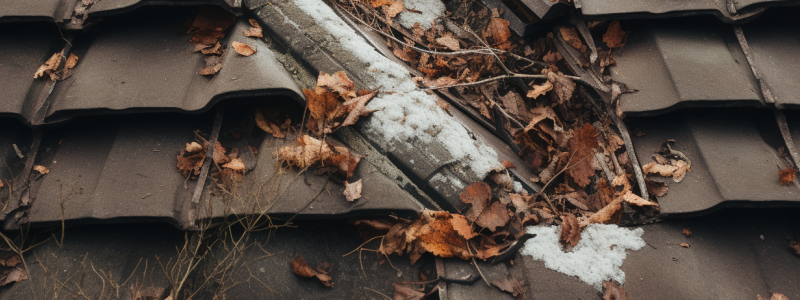
Factors Affecting Roof Life
When it comes to the longevity of your roof, several key factors come into play, especially in a place like Denver or Arvada, where the weather can be as varied as the landscape. Let’s break down these elements:
- Climate: Colorado’s unique climate, characterized by its dry air, high elevation, and sudden temperature shifts, can take a toll on roofing materials. The intense UV exposure at high altitudes can degrade roofing materials more quickly than in other regions.
- Material Quality: The quality of the materials used in your roof is non-negotiable. Higher quality materials may come with a steeper price tag, but they often translate to a longer lifespan for your roof.
- Installation: A roof is only as good as its installation. Properly installed roofs can withstand Denver’s unpredictable weather patterns much better than those that are not.
- Maintenance: Regular maintenance is the key to longevity. This includes inspections, prompt repairs, and cleaning. Neglect can lead to premature aging of your roof.
- Other Factors: These include the roof design, the color of the roofing materials (darker colors absorb more heat), ventilation, and insulation quality.
For Denver homeowners, understanding these factors is crucial. According to a local roofing expert, roofs in Colorado can last between fifteen and thirty years, but this range can vary widely based on the factors mentioned above. It’s a testament to the importance of not just the materials chosen, but also the quality of installation and ongoing maintenance.
Remember, while the initial cost is an important consideration, the longevity and performance of your roof in Denver’s climate are what truly determine its value over time. Investing in quality materials and workmanship now can save you from costly repairs or replacements down the line.
Types of Roofing Materials and Their Lifespan
Choosing the right roofing material is a decision that homeowners in Denver will live with for decades. Each material comes with its own average roof life expectancy, and here’s a comparison to help you weigh your options:
- Composite Asphalt Shingles: These are among the most common roofing materials due to their cost-effectiveness and ease of installation. They can last anywhere from 15 to 40 years, with the lifespan varying based on the quality of the materials and maintenance.
- Architectural Shingles: A step up from the standard asphalt shingle, architectural shingles offer a longer lifespan of 30 to 50 years due to their durability and quality.
- Clay Tiles: Known for their classic aesthetic and durability, clay tiles can last over 50 years. They are excellent for weather resistance, which is a significant consideration in Denver’s climate.
- Metal Roofing: Metal roofs are becoming increasingly popular due to their longevity and resistance to extreme weather. A well-installed metal roof can last 40 to 70 years.
- Slate Roofing: Slate is one of the longest-lasting roofing materials, with a lifespan that can exceed 100 years. It’s a premium choice that offers both durability and timeless beauty.
- Wood Shingles: While offering a natural look, wood shingles have a shorter lifespan of about 20 to 30 years and require more maintenance, especially in areas prone to moisture and wildfire.
For a detailed comparison, some sources offer excellent guides on the best roofing materials for longevity, providing homeowners with a comprehensive look at how different materials stack up against each other.
When selecting roofing materials, consider not only the initial cost but also the long-term benefits. A roof that may cost more upfront could offer significant savings over time due to its extended lifespan and reduced maintenance needs.
The Financial Aspect
Investing in your roof is investing in the future of your home or business. Understanding the cost implications of roof maintenance and replacement is crucial for effective budgeting and financial planning. Here’s what you need to know:
- Maintenance Costs: Regular maintenance is essential for extending the average roof life and can prevent costly repairs down the line. Minor repairs, such as fixing leaks or replacing damaged shingles, can range from $150 to $400 on average. However, neglecting these issues can lead to more significant problems, which are far more expensive to address.
- Replacement Costs: When a roof reaches the end of its average lifespan, replacement becomes necessary. According to Forbes, the cost for roof replacement can vary widely, with averages ranging from $5,700 to $12,500. Factors influencing this cost include the size of the roof, the materials chosen, and the complexity of the installation.
- Long-Term Savings: While the upfront costs of high-quality materials and professional installation may be higher, they can lead to long-term savings by reducing the need for frequent repairs or premature replacement.
- Insurance Considerations: Some insurance policies may cover part of the cost of roof repairs or replacement, especially if the damage is due to a covered event. It’s wise to review your policy and understand what is and isn’t covered.
- Value Increase: A new or well-maintained roof can increase the value of your property. It’s an investment that not only protects your property but also contributes to its market appeal.
Budgeting for roof maintenance and understanding the financial implications of roof repair and replacement are essential for any property owner. By staying proactive with regular inspections and timely repairs, you can manage these costs effectively and ensure your roof remains in top condition for years to come.
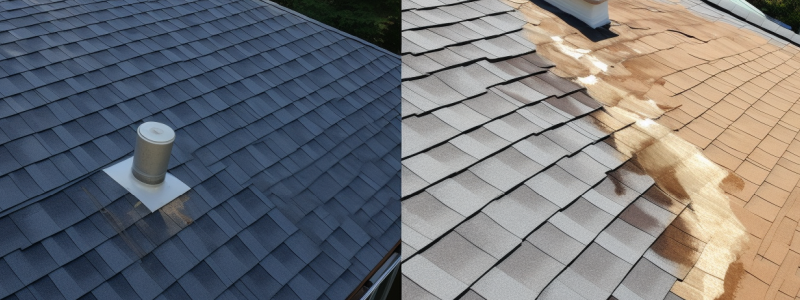
Warning Signs and Maintenance Tips
Your roof is speaking to you, and it pays to listen. Recognizing the warning signs that your roof needs attention can save you from costly repairs or even a full replacement. Here are some signs to watch for and maintenance tips to keep your roof in top shape:
Warning Signs
- Sagging Roof: This is a clear indicator that there’s structural damage that needs immediate attention.
- Water Leaks: If you notice water stains on your ceilings or walls, it’s time to inspect your roof for leaks.
- Damaged Shingles: Look out for shingles that are cracked, buckling, or missing entirely.
- Blocked Gutters: Gutters clogged with shingle granules are a sign of roof wear.
- High Energy Bills: Unexpected increases in your energy bills could be due to poor roof insulation or ventilation.
Maintenance Tips
- Regular Inspections: Conduct or schedule a professional roof inspection at least once a year.
- Clean Your Roof: Remove debris, such as leaves and branches, which can retain moisture and rot your roof.
- Trim Overhanging Branches: This prevents damage from fallen limbs and reduces debris accumulation.
- Ensure Proper Ventilation: Adequate attic ventilation is critical to prevent moisture buildup and heat accumulation.
- Address Repairs Promptly: Don’t delay fixing identified issues; small problems can quickly become big ones.
Always search for valuable tips to extend your roof’s lifespan and ensure it continues to protect your home effectively. Remember, proactive maintenance is the most cost-effective way to manage your roof’s health.
When to Consider Replacement
Deciding when to replace your roof is a significant decision that can impact both the safety and the financial well-being of your home. Here are some considerations to help you determine the right time for a roof replacement:
- Age of the Roof: The average roof life varies by material, but if your asphalt shingle roof is over 20 years old, it might be time to consider a replacement.
- Widespread Damage: If you’re facing extensive damage, such as widespread leaks or numerous missing shingles, a repair might not suffice.
- Sagging: This is a serious sign of structural issues, possibly due to long-term water damage or structural failure.
- Moss and Algae Growth: While some growth can be cleaned, excessive moss or algae can indicate moisture problems that may require a roof replacement.
- Energy Inefficiency: If your energy bills are rising without a clear reason, your roof might be the culprit due to poor insulation or ventilation.
Roof replacement is a considerable investment, and it’s essential to make this decision based on a thorough inspection and consultation with roofing professionals.
Choosing the Right Roofing Service
Selecting the right roofing contractor is as crucial as choosing the best roofing material. Here are some tips to ensure you partner with a professional who will do the job right:
- Research Credentials: Look for contractors with a solid track record, proper licensing, and insurance. This protects you against any mishaps during the roofing process.
- Check References and Reviews: A reputable contractor should have a list of references. Additionally, online reviews can provide insight into their work ethic and customer satisfaction.
- Get Detailed Estimates: A professional roofer should provide a detailed estimate, including the scope of work, the materials to be used, and the timeline for completion.
- Communication is Key: Choose a contractor who communicates clearly and promptly. You want someone who will keep you informed throughout the process.
- Warranty Offers: Ensure the contractor offers a warranty not only on the materials but also on their workmanship.
A good roofing contractor is not just a service provider but a partner in maintaining the integrity and longevity of your roof. Take the time to choose wisely, and you’ll be rewarded with a roof that stands the test of time.
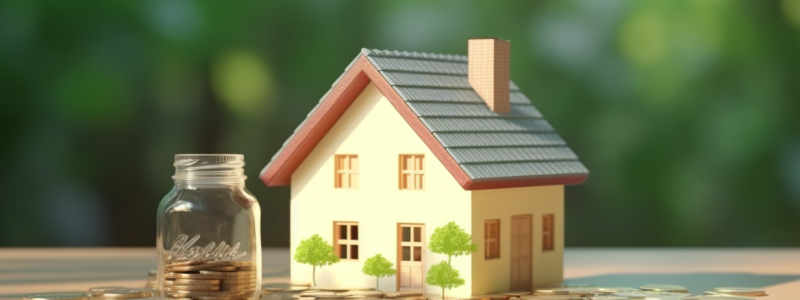
Always Ask the Professionals
As we’ve journeyed through the ins and outs of ‘average roof life,’ it’s clear that the roof over your head is more than just a structural feature—it’s a long-term investment in the safety and security of your Denver property. From understanding the factors that affect roof lifespan to recognizing when it’s time for a replacement, we’ve covered the essential knowledge you need to make informed decisions about your roofing needs.
Here are the key takeaways:
- Knowledge is Power: Knowing the average lifespan of your roofing material and the factors that affect it can help you plan and budget for future maintenance and replacements.
- Maintenance Matters: Regular inspections and upkeep are crucial in extending the life of your roof and preventing minor issues from becoming major expenses.
- Quality Counts: Investing in high-quality materials and professional installation pays off in the long run, potentially saving you money and hassle.
- Professional Partnerships: Choosing the right roofing service is about more than just finding someone to do the job—it’s about finding a partner who will ensure the longevity and durability of your roof.
As you consider the future of your roof, remember that proactive steps taken today can prevent costly repairs tomorrow. Whether you’re scheduling routine maintenance or facing the prospect of a full replacement, approach each decision with the confidence that comes from being well-informed. Take action today by scheduling a professional inspection or consultation with B&M Roofing of Colorado to assess the health of your roof.
